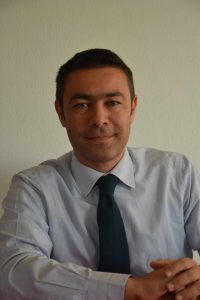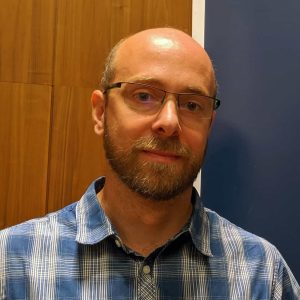
SLEEP DREAMS CONSCIOUSNESS. Six online meetings to explore the mysteries of the night
From February 23rd to March 30th every Tuesday at 6.30pm. Live on YouTube and on our Facebook page, where you can also participate with comments and questions.
A project by BrainCircle Italia and BrainCircle Lugano, curated by Viviana Kasam and Clara Caverzasio.
Sleep is one of the brain’s most mysterious functions. Evolutionarily, it makes no sense: if what drives animal life is the survival instinct, sleeping would seem counterintuitive, as it nullifies our defenses and exposes us to attacks from predators and enemies. And yet all animals sleep, including worms and ants: there are those that hibernate for many months, and those, like dolphins, that have two brains that alternate during sleep, so they sleep while remaining awake. If we add up the hours that we dedicate to sleep over a lifetime, it turns out that overall we spend 23 years sleeping and 4 of these dreaming. In short, we spend a third of our lives in the arms of Morpheus. But we are not aware of all this time, most of the time we have no memory of our nocturnal experiences. But what is sleep and what is it for? Why do we need sleep? What happens if this function is impaired due to illness or stress problems? How to implement sleep hygiene? Why do we dream and what do dreams represent in the path of consciousness? These are questions that the new edition of Pillole per la Mente will try to answer, after the success of last year’s webinars on Brain and Food. Six meetings, with six internationally renowned scientists, who will talk about the most innovative research on sleep and dreams, which in recent years have been studied in their neuronal aspect, as a product of our brain, beyond the interpretations offered by psychoanalysis, from religions and often also from esoteric practices.
The cycle is inspired by World Sleep Day, March 19th and will take place in conjunction with Brain Week, scheduled for March 15th to 21st 2021, and coordinated by the Dana Foundation.
On the calendar:
Tuesday 23 February, 6.30 pm
With Claudio Bassetti (director of the neurology department and Dean of the Faculty of Medicine at the University of Bern, and President of the European Academy of Neurology).
Sleep: a double-edged sword
We all know that sleep is important: but why and what is sleep for? What relationship does it have with daily life? And why do all animals sleep even though this makes them vulnerable?
Tuesday 2 March, 6.30 pm
with Luigi Gallimberti (president of the Novella Fronda Foundation, Padua).
Children and sleep: a new culture
Sleep is essential for children’s brain development. But how to implement healthy sleep hygiene and what problems can childhood insomnia cause in adult life?
Tuesday 9 March, 6.30 pm
with Mauro Manconi (director of the Sleep Medicine Unit at the Neurocentre of Italian Switzerland – EOC, Lugano).
Sleep medicine
What is insomnia? Can it be cured? What relationship does it have with brain diseases?
Tuesday 16 March, 6.30 pm
with Francesca Siclari (co-director of the Sleep Investigation and Research Center of the University of Lausanne).
Dreams and their variations
What is the neurological structure of dreams? Are they of any use? What do they tell us about consciousness?
Tuesday 23 March, 6.30 pm
with Marcello Massimini (neurophysiologist at the Department of Biomedical and Clinical Sciences of the University of Milan).
Dreams and islands of consciousness
How does the state of consciousness manifest itself in sleep and dreams? What is the difference between REM and non-REM sleep phases and when do we dream?
Tuesday 30 March, 6.30 pm
with Giulio Bernardi (researcher in cognitive neuroscience at the IMT School of Advanced Studies in Lucca, director of the Tweak Dreams project).
Manipulating sleep and dreams to understand the brain
Can dreams be manipulated? New techniques today allow us to “see” the dreaming brain and, if necessary, intervene to cure it.












